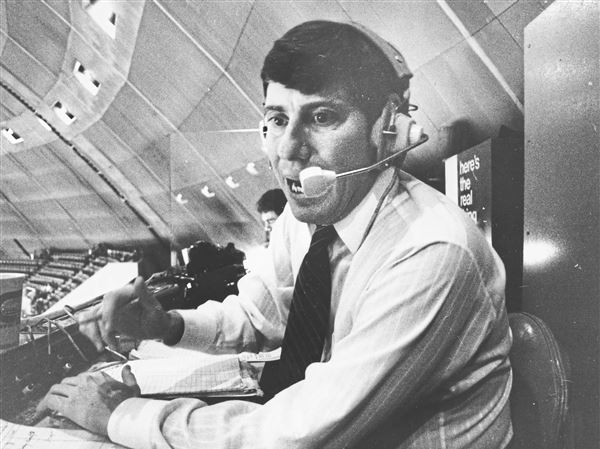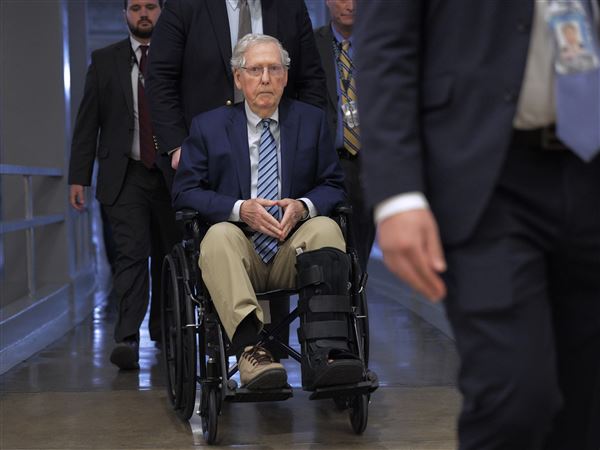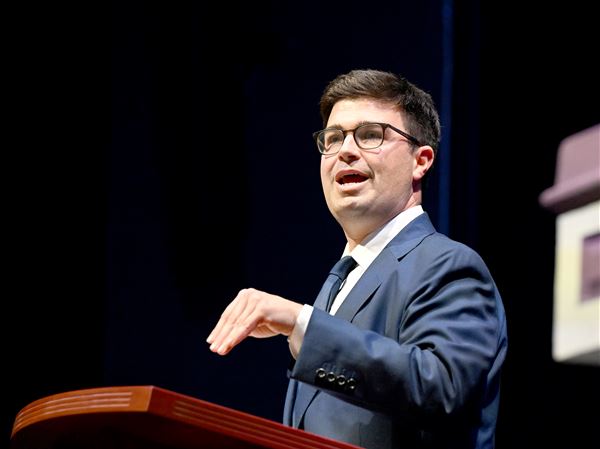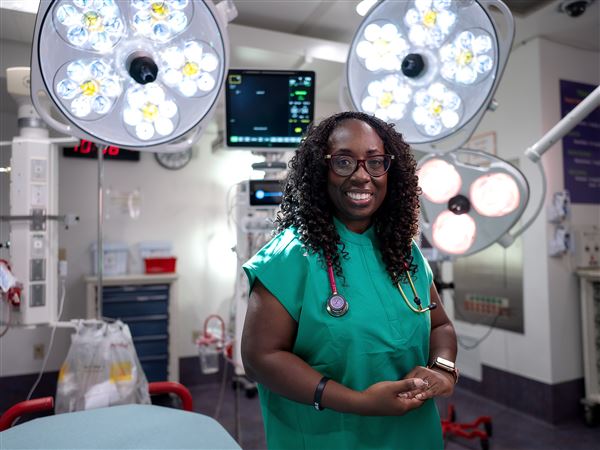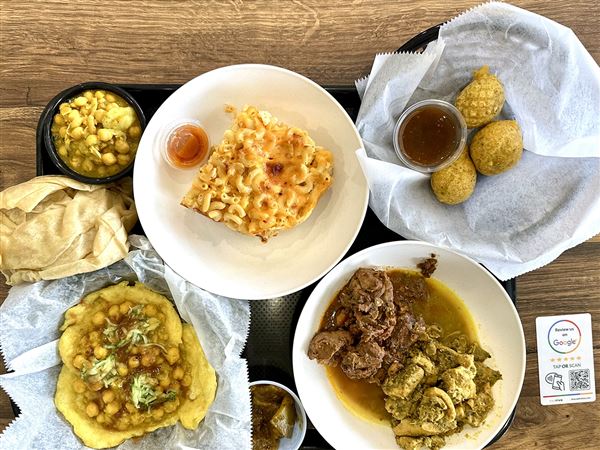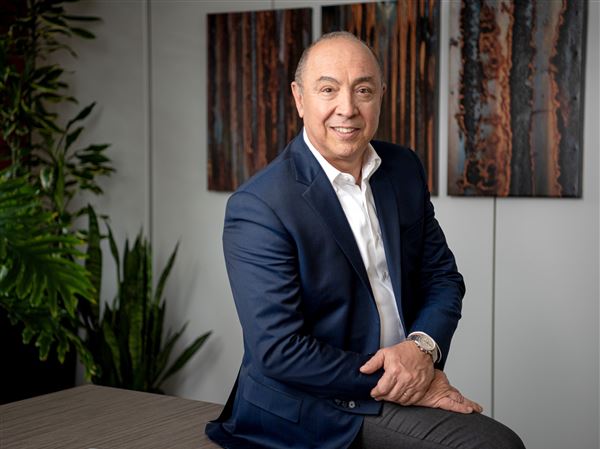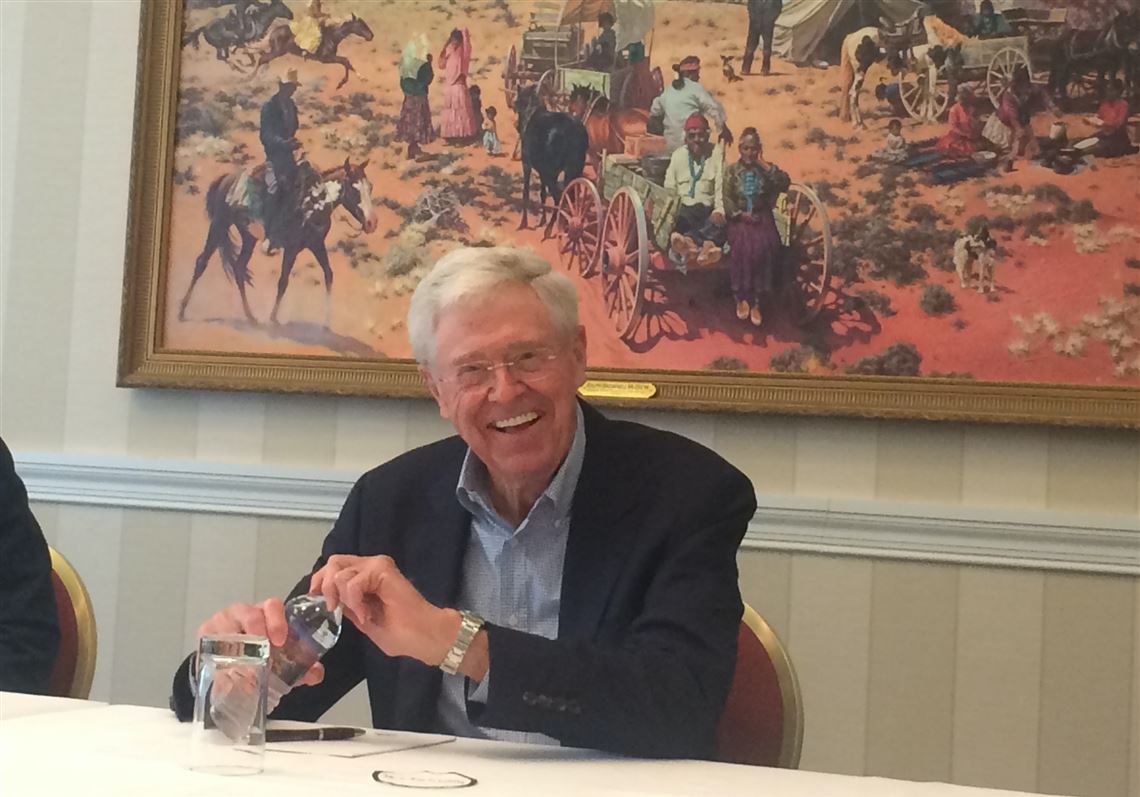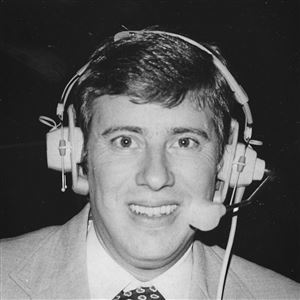Suppose that when you did something bad, you could split off another you to deal with it, basically by dying and taking the punishment with it. You can’t.
But you could if you were a corporation, and would if you were a corporation owned by Charles Koch and you wanted to avoid possibly paying lots of money to people your corporation had harmed.
The Texas two-step
Koch Industries owns Georgia Pacific, which faced over 60,000 lawsuits from people exposed to the carcinogen asbestos either in their factories or in the products they created and sold.
Settling all these cases could have cost the company a huge amount of money, given how much was known so long ago about the effects of asbestos and how brutal is the cancer, mesothelioma, it causes. And the legal fees, holy cow, they’d be huge too even if the company won every case.
What does unscrupulous corporation do when faced with such possible losses? Does it man up, as people used to say? Does it take responsibility? No. It uses a legal maneuver called “the Texas two-step,” created in Texas because it’s Texas, that lets the company split off a new part of itself, making that part solely liable for the lawsuits.
That new part would then declare bankruptcy. This turns the plaintiffs into creditors who must wait for the bankruptcy process to conclude and get what they can in the settlement. If the case is ever settled. Those expensive lawyers can spin things out a very long time, especially with appeals.
And as the bankruptcy process goes on, the owners continue profiting from the now lawsuit-burden-free part. Georgia Pacific split off Bestwall LLC in 2017. Koch Industries has gotten over $5 billion in dividends from Georgia Pacific since 2017. Without any payoffs to anyone with plausible claims that Georgia Pacific was responsible for their suffering.
The corporations’ lawyers, of course, spin this as a good thing for the victims themselves. One, a Greg Gordon, argues that litigation forces the claimants into a “lottery” where some get a lot and some get nothing. Eventually, in theory, the corporation might create a fund for claimants where everyone would get what they deserved. The victims could win, except for all those who were now dead because the case took so long to settle.
The corporate advantage
One of the victims’ lawyers, Clay Thompson, explains the trick: “They’ve stacked the deck on their side. ... Either the victims will cave and take pennies on the dollar in a bogus fraudulent billionaire bankruptcy attempt, or they just delay and that’s what’s largely happened.”
How does this work? How do corporations like Koch Industries get such advantages? Part of it has to do with the flexible use of the legal term “persons.” This tells us something disturbing about the way the law advantages some Americans over the rest of us.
Remember the 2010 Citizens United case. The Supreme Court noted that corporations are legal “persons” and ruled that as legal persons they have the right to give money to political causes, with the paper-thin restriction that they don’t give money directly to candidates or work with them to decide how to spend it. It allowed them to spend as much money as they wanted on these causes.
A bad thing for American democracy then happened, predictably. Unaccountable “super pacs” funded by who knows who, sprouted up with far more money to use to influence American politics than any normal citizens’ group is ever going to have. This benefits both political parties and many industries. The rest of us, less so.
“Person” is a flexible term. If corporations are persons, why can they divide themselves in a way those of us actual persons can’t? Why can’t the Smith family divide itself into the Smith family with money and the Smith family with debt? Yes, there are legal reasons, but Congress could easily enough ban the Texas two-step. It could make the playing field a little more level.
Exactly what happens
You can imagine what the corporate apologist will say in defense of letting corporations do this and not the rest of us. It’s the law, invisible hand, trickle down benefits, mumble mumble, economic efficiency, some people always lose, sad but what do you do, have to support business, chatter chatter, and just imagine what would happen if families could do this! They’d make bad choices! They’d avoid responsibility! They’d exploit the system! Other people would have to bear the cost!
Which, as you will have noticed, is exactly what happens when corporations can use legal techniques like the Texas two-step to keep from paying all the costs of doing business, which include — or would, in a more just system — paying for their mistakes.
David Mills is the associate editorial page editor and columnist for the Pittsburgh Post-Gazette: dmills@post-gazette.com. His previous column was “When the establishment decided Martin Luther King, Jr., was a meddler.”
First Published: January 22, 2024, 11:47 p.m.
